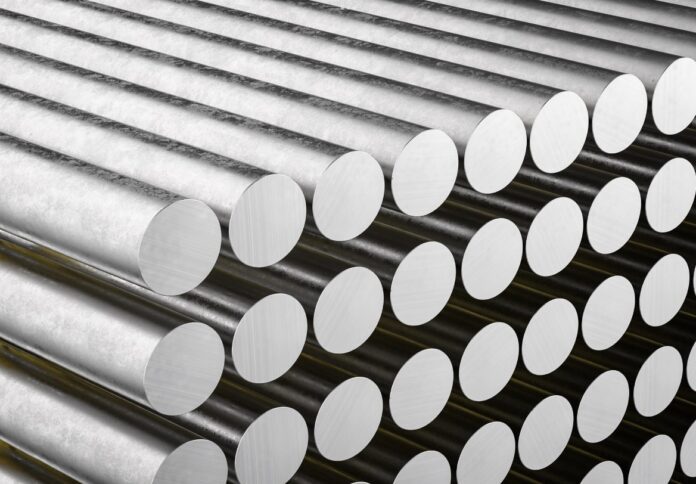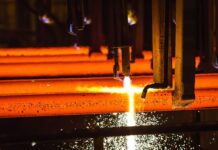
The Australian Steel Institute (ASI) has aligned itself with a growing international movement seeking trade measures against the influx of low-priced imported fabricated steel, particularly from China.
This development follows what the ASI describes as a surge in fabricated steel imports into the Australian market over the past three years, which it claims has severely impacted domestic manufacturers.
The move places Australia alongside several other member countries of the Organisation for Economic Co-operation and Development (OECD) that are calling for stronger action to address global excess steel capacity and the resulting distortions in trade, ASI revealed in a news release.
The issue was brought to the fore at a meeting of the OECD Steel Committee in Paris in March, where members warned that the viability of even the most competitive steelmakers is under threat.
The Committee attributed the problem largely to Chinese steel overcapacity, which it said has been exacerbated by a slowing domestic economy in China and efforts to offload surplus production through exports.
According to OECD estimates, China’s excess steel capacity could reach 721 million metric tons by 2027.
The Committee noted that a range of domestic support measures – such as grants, tax incentives, preferential electricity pricing, and below-market borrowing – have enabled Chinese producers to expand their reach abroad at prices that may not reflect true market costs.
In response, several countries, including the United States, Canada, and the European Union, have already imposed trade remedies such as anti-dumping duties and tariffs to protect their domestic industries.
ASI Chief Executive Mark Cain said the Australian market has seen a notable rise in the importation of fabricated steel, with volumes in 2024 nearly 50% higher than the average for the 2016 to 2021 period. He said this trend has reduced the amount of work available for local steel fabricators.
“We are talking to the Australian government about the best way forward,” Cain said, emphasising ASI’s commitment to working with policymakers on an appropriate response.
The ASI has published its findings and advocacy position on its website, reinforcing its call for government intervention to ensure fair competition and long-term sustainability for Australia’s steel industry.




















